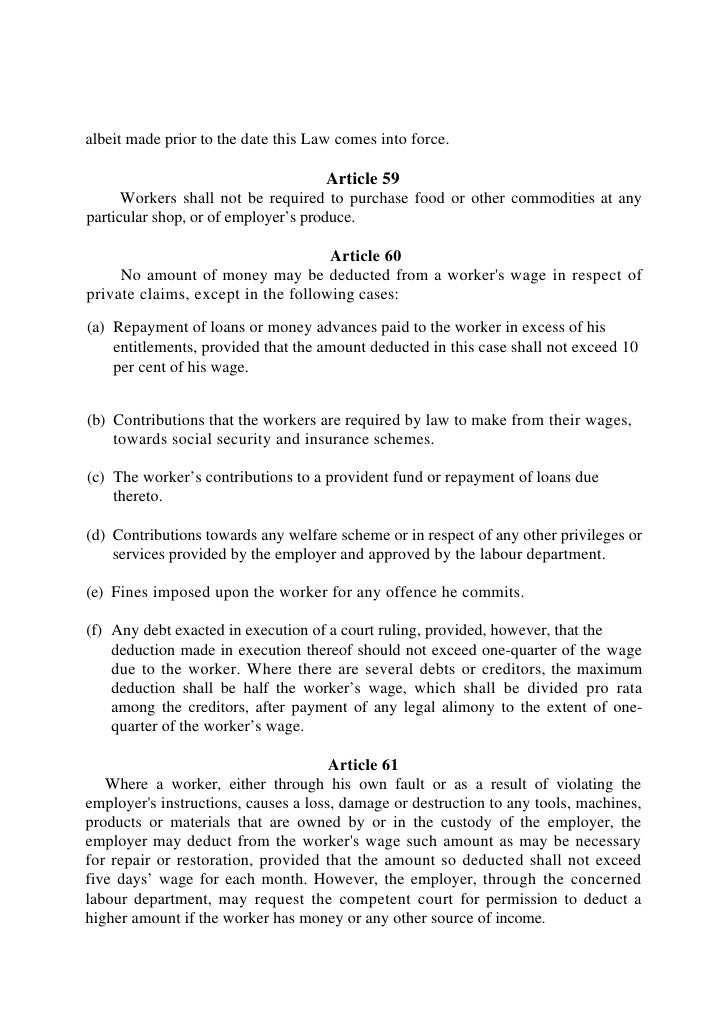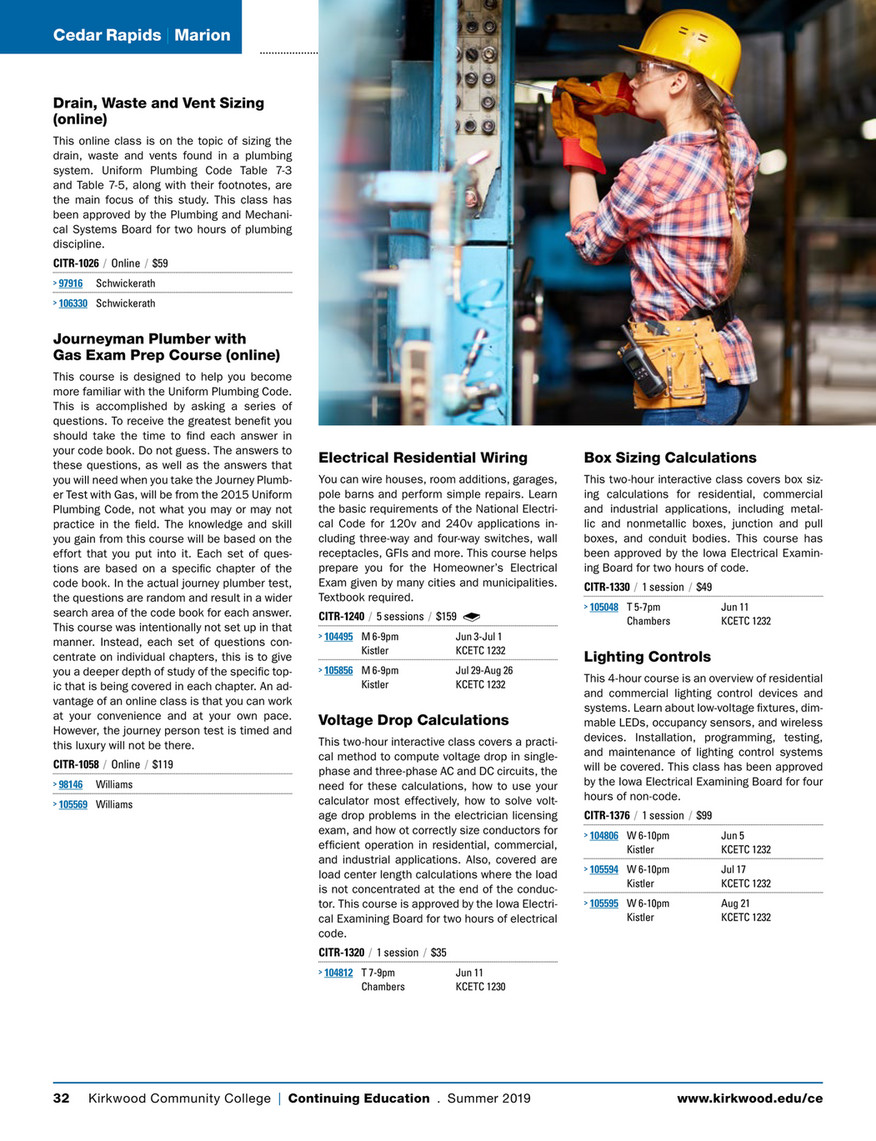- 59: A Worker Approved Job
- 59: A Worker Approved Letter
- 59: A Worker Approved Form
- 59: A Worker Approved Act
A The number of applications is for disabled-worker benefits only and, as such, excludes disabled child's and disabled widow(er)'s benefits. These applications are those received at Social Security field offices, teleservice centers, and claims filed electronically on the internet. (Statutory Authority: Workers' Compensation Law Section 134) §59-1.1 Title and citation. Within and for the purpose of the Department of Labor, this Part (rule) may be known as Industrial Code Rule No. 59, relating to the conduct of the Workplace Safety and Loss Prevention Program. General requirements.The employer shall ensure that each affected employee uses protective footwear when working in areas where there is a danger of foot injuries due to falling or rolling objects, or objects piercing the sole, or when the use of protective footwear will protect the affected employee from an electrical hazard, such as a static-discharge or electric-shock hazard, that remains. Free State Social Work, LLC maintains responsibility for the program. ASWB Approval Period: 9/6/2018 – 9/6/2021. Social Workers should contact their regulatory board to determine course approval. Free State Social Work has been approved by NBCC as an Approved Continuing Education Provider, ACEP NO. Most people need a work permit to work in Canada. If you’re not sure if you need one, find out if you need a work permit. There are 2 types of work permits: open work permits and employer-specific work permits. Open work permits. An open work permit allows you to work for.
Encounter for screening for other viral diseases
- 201620172018201920202021Billable/Specific CodePOA Exempt
- Z11.59 is a billable/specific ICD-10-CM code that can be used to indicate a diagnosis for reimbursement purposes.
- The 2021 edition of ICD-10-CM Z11.59 became effective on October 1, 2020.
- This is the American ICD-10-CM version of Z11.59 - other international versions of ICD-10 Z11.59 may differ.
- Applicable To annotations, or
- Code Also annotations, or
- Code First annotations, or
- Excludes1 annotations, or
- Excludes2 annotations, or
- Includes annotations, or
- Note annotations, or
- Use Additional annotations
- Z00-Z992021 ICD-10-CM Range Z00-Z99Factors influencing health status and contact with health services
Factors influencing health status and contact with health services
Note- Z codes represent reasons for encounters. A corresponding procedure code must accompany a Z code if a procedure is performed. Categories Z00-Z99 are provided for occasions when circumstances other than a disease, injury or external cause classifiable to categories A00-Y89 are recorded as 'diagnoses' or 'problems'. This can arise in two main ways:
- (a) When a person who may or may not be sick encounters the health services for some specific purpose, such as to receive limited care or service for a current condition, to donate an organ or tissue, to receive prophylactic vaccination (immunization), or to discuss a problem which is in itself not a disease or injury.
- (b) When some circumstance or problem is present which influences the person's health status but is not in itself a current illness or injury.
- Z00-Z132021 ICD-10-CM Range Z00-Z13Persons encountering health services for examinations
Persons encountering health services for examinations
Note- Nonspecific abnormal findings disclosed at the time of these examinations are classified to categories R70-R94.
Type 1 Excludes- examinations related to pregnancy and reproduction (Z30-Z36, Z39.-)
- Z11ICD-10-CM Diagnosis Code Z11Encounter for screening for infectious and parasitic diseases
Encounter for screening for infectious and parasitic diseases
- 201620172018201920202021Non-Billable/Non-Specific Code
Applicable To- Screening is the testing for disease or disease precursors in asymptomatic individuals so that early detection and treatment can be provided for those who test positive for the disease.
Type 1 Excludes- encounter for diagnostic examination-code to sign or symptom
- Z11.5ICD-10-CM Diagnosis Code Z11.5Encounter for screening for other viral diseases
Encounter for screening for other viral diseases
- 201620172018201920202021Non-Billable/Non-Specific Code
Type 2 Excludes- encounter for screening for viral intestinal disease (Z11.0)
- Screening for hepatitis b
- Screening for hepatitis b virus infection done
- Screening for measles
- Screening for mumps
- Screening for mumps done
- Screening for rubella (german measles)
- Screening for rubella done
- Screening for rubeola done
- Screening for varicella (chicken pox)
- Screening for varicella done
- Z11.59 is considered exempt from POA reporting.
- 951 Other factors influencing health status
Convert Z11.59 to ICD-9-CM
Code History
- 2016 (effective 10/1/2015): New code (first year of non-draft ICD-10-CM)
- 2017 (effective 10/1/2016): No change
- 2018 (effective 10/1/2017): No change
- 2019 (effective 10/1/2018): No change
- 2020 (effective 10/1/2019): No change
- 2021 (effective 10/1/2020): No change

- Screening (for) Z13.9ICD-10-CM Diagnosis Code Z13.9
Encounter for screening, unspecified
- 201620172018201920202021Billable/Specific CodePOA Exempt
- disease or disorderZ13.9ICD-10-CM Diagnosis Code Z13.9
Encounter for screening, unspecified
- 201620172018201920202021Billable/Specific CodePOA Exempt
- viral NECZ11.59
- dengue Z11.59
- hemorrhagic Z11.59
- yellow Z11.59
- arthropod-borne viral disease NEC Z11.59
- dengue fever Z11.59
- encephalitis, viral Z11.59 (mosquito- or tick-borne)
- hemorrhagic fever Z11.59
- measles Z11.59
- poliomyelitis Z11.59
- rubella Z11.59
- viral encephalitis Z11.59 (mosquito- or tick-borne)
- yellow fever Z11.59
- disease or disorderZ13.9


59: A Worker Approved Job
59: A Worker Approved Letter
59: A Worker Approved Form
59: A Worker Approved Act
Reimbursement claims with a date of service on or after October 1, 2015 require the use of ICD-10-CM codes.
